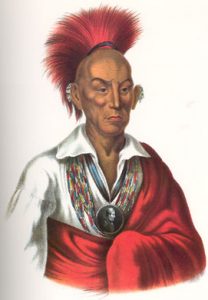Biography of Hon. William McEniry
In considering the prominent legal firms in Rock Island County one’s mind instinctively turns to the firm of McEniry & McEniry, a firm composed of the two brothers, Hon. William McEniry and Matthew J. McEniry, having offices both in Rock Island and Moline. It is the life and character of the former of these two gentlemen that we pro-pose to depict in the sketch that is to follow. The life and character of Matthew J. McEniry will be found elsewhere in this work treated at length. William McEniry was born in Rock Island County, Illinois, May 9, 1860, his parents … Read more

